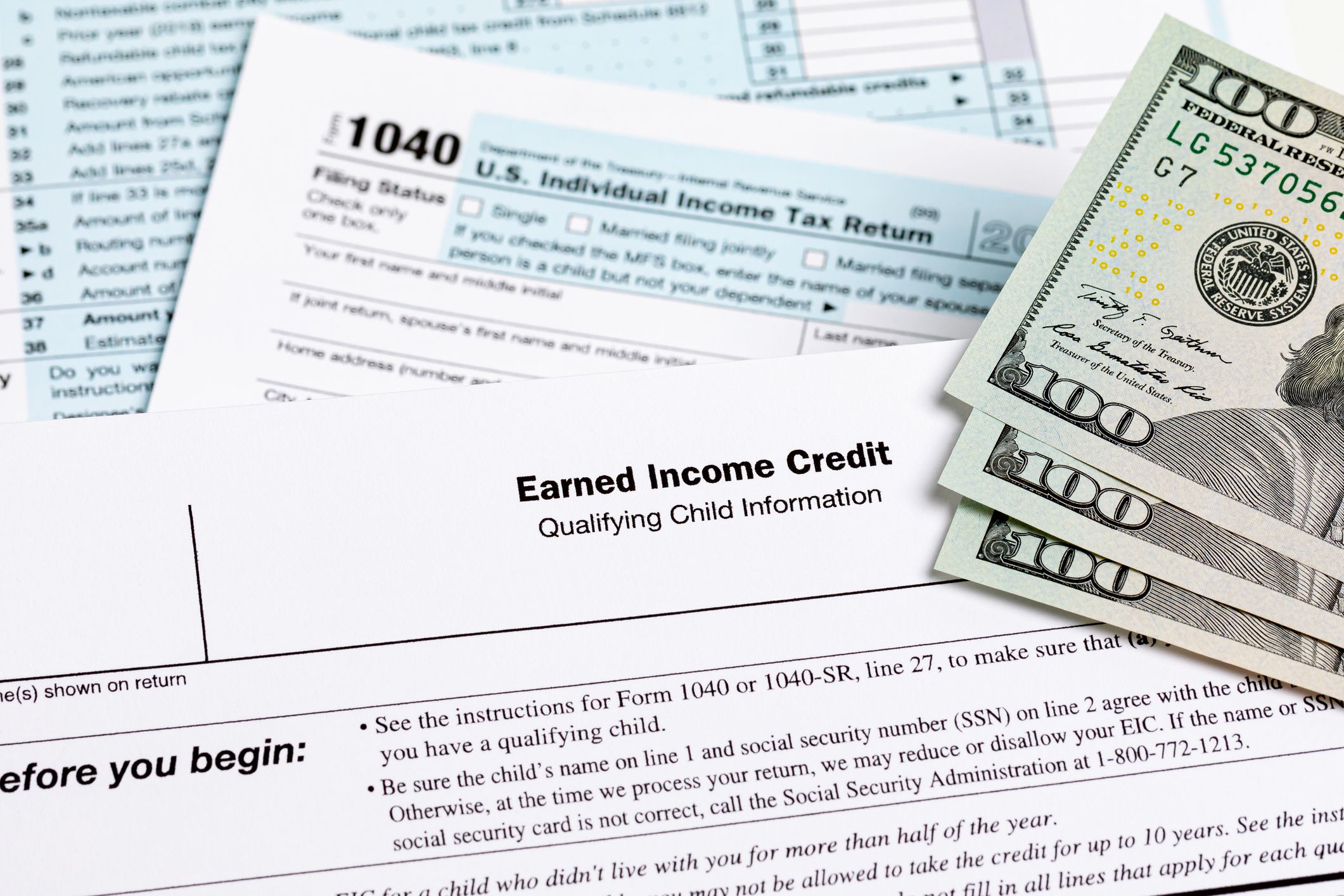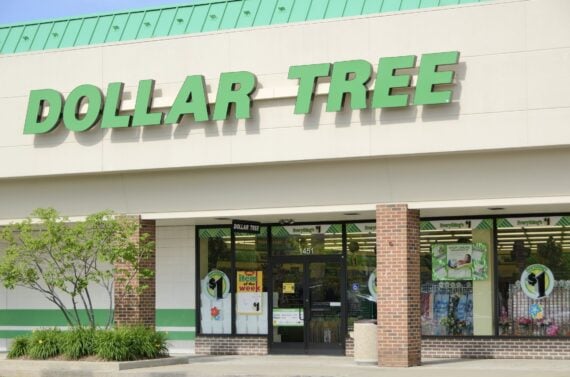Starting a family can be an exciting, albeit expensive, endeavor — especially in these times of inflation and economic uncertainty. The rising costs of housing, education, and childcare can add significant strain to a family’s budget, while essentials like diapers, formula, and baby gear can quickly stack up.
According to the U.S. Department of Agriculture (USDA), the average cost of raising a child from birth to age 17 is $233,610 — and that doesn’t include the cost of college.
Besides these concerns, new parents must also consider other long-term expenses such as emergencies, recreational activities, and hobbies. If you’re expecting a visit from the stork soon (congrats, bestie!), we’ve got you covered with this list of common financial mistakes new parents make so you’ll have one less thing to worry about.
1. Overbuying Baby Items

New parents can get overly excited and buy way too many baby items — some of which may be unnecessary. Remember that babies will grow out of clothes and lose interest in toys quickly, so it’s wise to invest only in essentials and save that moolah for future needs. This way you’ll also avoid clutter, reduce waste, and allocate your resources more effectively towards achieving the long-term goals mentioned above.
Related: 12 Ways Grandparents Waste Money on Their Grandkids
2. Not Having a Budget

Failing to set or stick to a budget is another mistake that new parents tend to make. Without a clear budget, it can be easy to overspend on non-essential items while being under-prepared for key expenses such as doctor’s appointments, childcare, and education. This can lead to financial stress, tension between couples, or even leave you saddled with debt.
Related: 13 Long-Term Steps to Reduce Your Living Expenses and Save Money
3. Underestimating Childcare Costs

Since childcare can be one of the biggest expenses for families (around $14,760 per year), it’s crucial to do your research and planning beforehand. This way you’ll have a better idea of the options available within your budget. By understanding the costs and services, you can avoid last-minute surprises while ensuring that your child receives quality care without breaking the bank.
Related: 7 Frugal Tips for First-Time Parents on a Budget
4. Not Saving for Education Early

The cost of higher education in the U.S. has soared in recent years. Compared to 1963, college is now 23 times more expensive — and parents who neglect to consider this increase can end up at a disadvantage. By starting to save for their child’s education early — or even before the child is born — parents can take advantage of banking resources like compounded interest and tax breaks to further reduce this burden.
Related: 15 Potentially Dangerous Baby Products to Watch Out For
5. Skimping on Health Insurance

Choosing a health insurance plan just because it has a lower premium (monthly payment) can end up costing you more in the long run. This is especially true for new parents who should make sure their insurance plan adequately covers prenatal, maternity, and pediatric care to avoid any unexpected medical bills.
Related: 7 Ways to Save on Health Insurance
For more curated consumer news and other savvy life hacks, please sign up for our free newsletters.
Trending on Cheapism
6. Overlooking Tax Breaks and Benefits

Many new parents miss out on available tax breaks and benefits, such as child tax credits and earned income tax credits, just because they are unaware of them. By taking some time to research and apply for these aids — especially during tax season — parents or caretakers may be able to significantly reduce their childcare costs.
Related: Don’t Make These 12 Major Mistakes While Filing Your Taxes
7. Failing To Plan for Emergencies

Not having an emergency fund can leave a family vulnerable to unexpected expenses. These can include events like medical emergencies, car repairs, or job loss. Experts recommend setting aside a portion of each paycheck into a rainy day fund to cover at least three to six months of living expenses for unexpected emergencies.
Related: Painless Ways to Grow Your Emergency Fund
8. Underestimating the Cost of a Larger Home

Expanding the family often means needing more space, but relocating to a larger home also comes with higher costs in terms of mortgage, utilities, and maintenance. As such, new parents should carefully consider whether they can afford the additional expenses before deciding to make the move.






